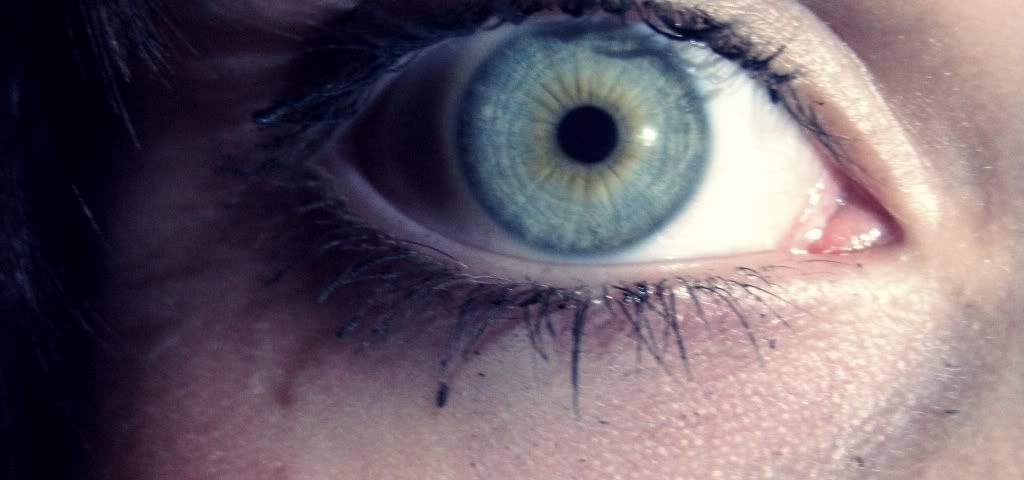A 57-year-old woman developed neurotrophic keratitis with a reactivated herpes zoster virus after she was given alcohol injections to relieve pain due to a cyst on the right side of her face, a case study reports.
The study, “Maxillary Zoster and Neurotrophic Keratitis following Trigeminal Block” was published in the journal Case Reports in Ophthalmology.
Neurotrophic keratopathy (NK) is a rare eye disorder that affects the cornea: the transparent front part of the eye that works like a window to focus the entry of light into the eye. It is due to problems with the nerves that serve the cornea.
This rare disease is characterized by reduced sensitivity in the cornea, spontaneous epithelial (the cornea’s outer layer) breakdown, and poor corneal healing despite frequent lubrication.
Herpes zoster ophthalmicus, one of the most common causes of NK, can follow reactivation of the varicella-zoster virus — the agent causing chickenpox and shingles — in the main nerve that serves the cornea, called the trigeminal nerve.
A common complication of herpes zoster infection is postherpetic neuralgia, a condition that affects nerve fibers and skin surrounding the eye, causing burning pain.
In these cases, patients may be injected with an anesthetic medication into the area surrounding the trigeminal nerve. While this procedure, called trigeminal nerve block, is effective, it can lead to reactivation of the herpes virus.
In this report, researchers at the University of Utah School of Medicine detailed a 57-year-old woman who arrived at their clinic with poor visual acuity. Clinical history revealed she had experienced trigeminal neuralgia for several decades, and had undergone brain surgery to remove a cyst pressuring the trigeminal nerve.
That surgery eased her pain for several years but it eventually returned. She then underwent a trigeminal nerve block (using alcohol as a blocking agent) on the right side of her face. Three days later, she developed vesicles over the right lower lid and cheek. Clinical examination found a reactivated herpes zoster virus along the trigeminal nerve that innervates the maxilla.
“This patient’s maxillary zoster is suspected to have been reactivated by direct surgical trauma to the maxillary branch of the trigeminal nerve,” the researchers said.
The woman began oral treatment with famciclovir, an anti-viral, but her clarity of vision continued to decline. An eye examination found defects in her cornea, and she was diagnosed with neurotrophic keratitis.
In addition to increased dosages of oral famciclovir, the woman began treatment with topical acyclovir, another anti-viral, and eye drops, a combination of Solcoseryl eye drops and 50% autologous serum eye drops (prepared from the patient’s own blood).
Her right cornea recovered fast and her visual acuity improved within three days of treatment. But two days after epithelial healing, she returned to the clinic with decreased visual acuity of the right eye.
Along with continued use of oral and topical antiviral treatments and lubrication with Solcoseryl and autologous serum, she now took hourly 5% albumin eye drops. Her neurotrophic keratitis began to show a slow recovery.
According to the authors, this is the first case reporting simultaneous maxillary herpes zoster infection and neurotrophic keratitis following trigeminal block.
“Because there is no pain sensation in neurotrophic keratitis, patients usually come to the ophthalmologist when they notice considerably decreased visual acuity,” the researchers wrote.
“Earlier diagnosis and aggressive treatment of neurotrophic keratitis is recommended,” they concluded.

